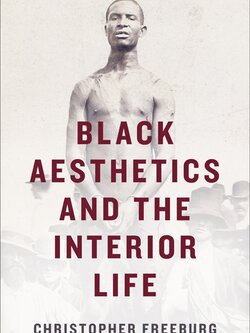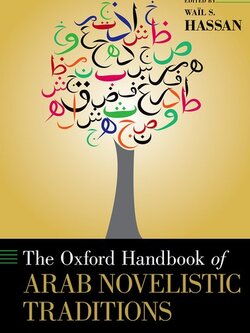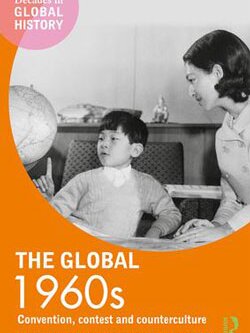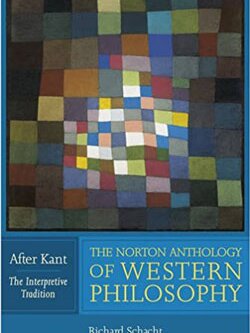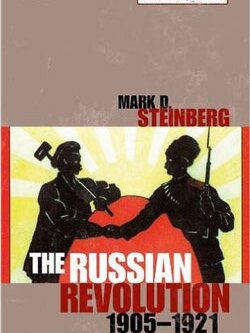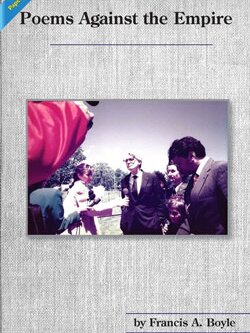Christopher Freeburg’s Black Aesthetics and the Interior Life offers a crucial new reading of a neglected aspect of African American literature and art across the long twentieth century. Rejecting the idea that the most dehumanizing of black experiences, such as lynching or other racial violence, have completely robbed victims of their personhood, Freeburg rethinks what it means to be a person in the works of black artists. This book advances the idea that individual persons always retain the ability to withhold, express, or change their ideas, and this concept has profound implications for long-held assumptions about the relationship between black interior life and black collective political interests.
Examining an array of seminal black texts—from Ida B. Wells’s antilynching pamphlets to works by Richard Wright, Nina Simone, and Toni Morrison—Freeburg demonstrates that the personhood represented by these writers unsettles rather than automatically strengthens black subjects’ relationships to political movements such as racial uplift, civil rights, and black nationalism. He shows how black artists illuminate the challenges of racial collectivity while stressing the vital stakes of individual personhood. In his challenge to current African Americanist criticism, Freeburg makes a striking contribution to our understanding of African American literature and culture.
